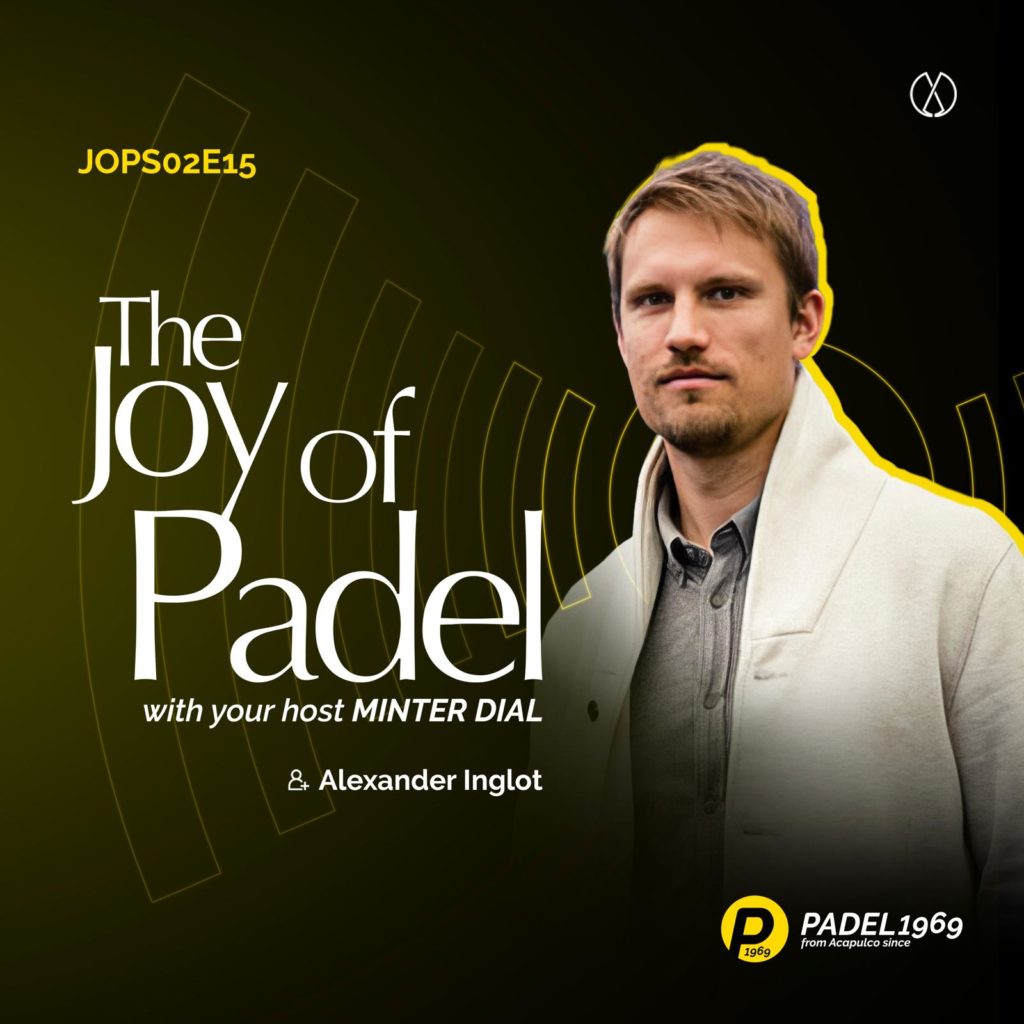In a recent episode of The Joy of Padel podcast, host Minter Dial interviews Alex Inglot, former ATP board member and current ESports commissioner, who shares critical insights about Padel’s business landscape and growth challenges. Inglot’s unique perspective, shaped by his legal background, sports administration experience, and role in professional tennis governance, offers a sobering look at the opportunities and risks facing the sport’s global expansion.
The episode begins with Inglot’s personal journey into Padel but quickly transitions to a substantial business analysis. Having served on the ATP board from 2018 to 2022, Inglot identifies three fundamental drivers of Padel’s growth potential: its low entry barrier for beginners, the built-in social dynamics of doubles play, and its native integration with modern technology platforms for player matching and court booking.
However, Inglot raises serious concerns about current market dynamics. The influx of capital and enthusiasm has created what he describes as a “due diligence problem” – investors and operators struggle to evaluate the credibility of new ventures, from club brands to court manufacturers and equipment producers. This challenge is particularly acute in emerging markets where local market data and performance metrics are limited.
The Swedish market serves as a cautionary tale, according to Inglot. What was once seen as a promising growth market has become what some view as “a stain on the global market.” This situation highlights the risks of rapid expansion without proper market analysis and sustainable business models. Inglot emphasizes that negative experiences in one market can significantly impact investor confidence globally, as early impressions often shape long-term perceptions of the sport’s viability.
A critical concern Inglot identifies is the growing disparity between private and public sector development. Private businesses are rapidly establishing exclusive clubs and facilities, while community and public access lags significantly behind. This imbalance risks creating a perception of elitism that could limit the sport’s long-term growth potential and participant base. Inglot contrasts this with Padel’s grassroots origins in Argentina, where widespread accessibility led to explosive growth with an estimated 30,000 courts in the 1980s.
The episode delves into the professional circuit’s challenges, particularly following Qatar’s significant investment in the sport. Inglot questions whether current revenue streams can support the expanding cost structure, warning about the risks of premature scaling based on optimistic growth projections. He emphasizes the need for sustainable business models that can weather market fluctuations and maintain long-term viability.
Inglot also addresses the technology integration advantage Padel enjoys compared to traditional sports. Unlike tennis or volleyball, Padel has developed alongside modern booking systems and player-matching applications, making it inherently more accessible and user-friendly. This technological integration has become part of the sport’s DNA, contributing to its rapid adoption among younger demographics.
The discussion turns to market development strategies, with Inglot advocating for stronger collaboration between private operators and public institutions. He argues that leaving growth entirely to private sector initiatives creates an unhealthy development pattern that could undermine the sport’s long-term sustainability. The current approach, he suggests, lacks the holistic vision needed to build robust grassroots participation.
Through his podcast “All The Angles,” Inglot aims to bridge the knowledge gap between established Padel markets (Spain and Argentina) and emerging ones. He identifies an unspoken tension between these markets, where new entrants sometimes dismiss decades of experience from traditional markets, while established markets may resist innovation from newcomers. This cultural and strategic divide, complicated by language barriers, presents another challenge for the sport’s global development.
The episode concludes with Inglot’s assessment of essential success factors for new Padel ventures. Beyond location and market analysis, he emphasizes the importance of operator experience, strategic planning, and sustainable business models. He warns against the temptation to prioritize short-term gains over long-term market development, suggesting that the current wave of enthusiasm needs to be channelled into creating lasting infrastructure and community engagement.
For investors, operators, and enthusiasts looking to understand Padel’s business landscape, this episode provides crucial insights into the challenges and opportunities facing the sport. It serves as both a cautionary tale and a strategic guide for sustainable market development in this rapidly evolving industry.
Try out PADEL1969‘s Padel rackets and see what difference it makes to play with a premium racket.
Need advice about managing a club or installing a Padel court? Click Here to learn more.
Book a call with us if you want to build a Padel court and don’t know where to start or contact us at [email protected] for more on our advisory services.
PADEL1969 | from Acapulco since 1969.

